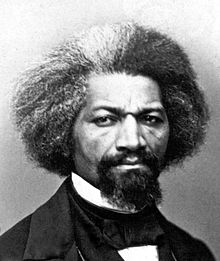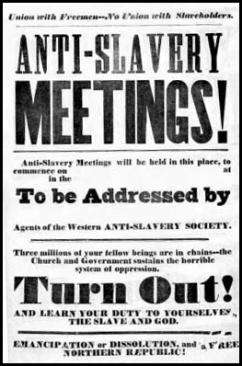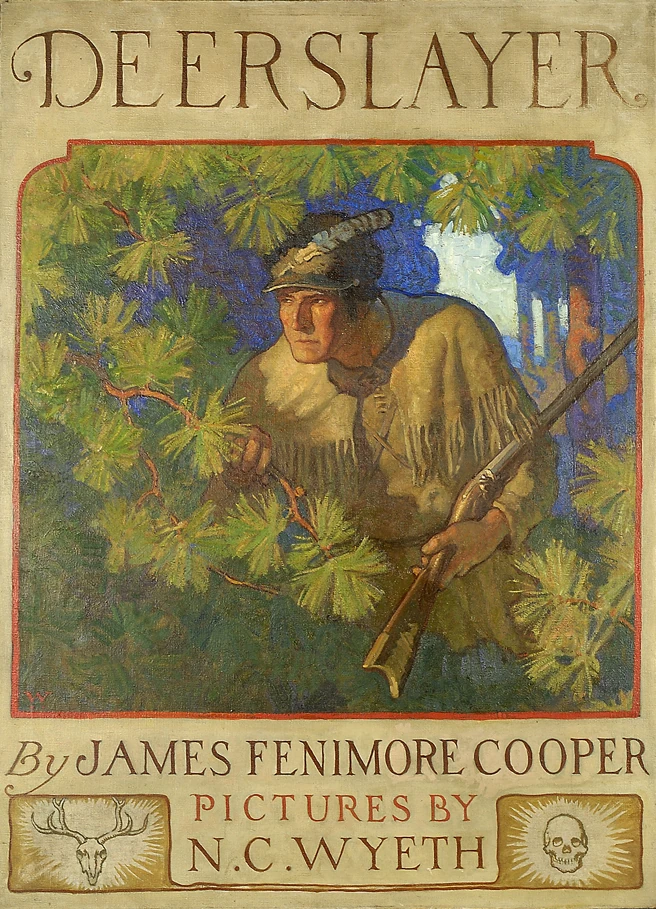"I want to add my testimony to that of abler pens to convince the people of the Free States what slavery really is. Only by experience can any one realize how deep, and dark, and foul is that pit of abominations."
Today we examine Harriet Jacobs' slave narrative, and we will read a few excerpts from that novel. Some information about her from the great website
harrietjacobs.org:
After nearly seven years hiding in a tiny garret above her grandmother’s home, Harriet Ann Jacobs took a step other slaves dared to dream in 1842; she secretly boarded a boat in Edenton, N.C., bound for Philadelphia, New York and, eventually, freedom. The young slave woman’s flight, and the events leading up to it, are documented in heart-wrenching detail in her autobiography, Incidents in the Life of a Slave Girl, Written by Herself, self-published in 1861 under the pseudonym Linda Brent.
A significant personal history by an African American woman, Harriet Jacobs’ story is as remarkable as the writer who tells it. During a time when it was unusual for slaves to read and write, self-publishing a first-hand account of slavery’s atrocities was extraordinary. That it was written by a woman, unprecedented.
Here are
guiding questions as we read this book! Remember to always point to specifics when answering questions. Pull quotes!





_(14595373847).jpg/220px-The_history_and_progress_of_the_world_(1913)_(14595373847).jpg)


